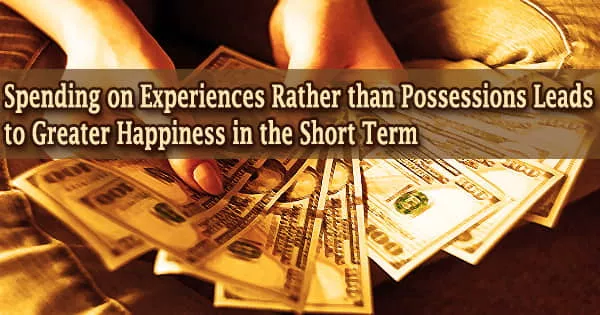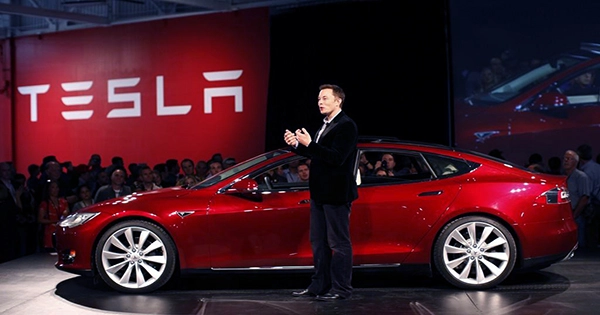According to a recent study from The University of Texas at Austin’s McCombs School of Business, certain purchases are better than others in sparking people’s in-the-moment delight.
Consumers are happier when they spend money on experience purchases rather than material ones, according to lead author Amit Kumar, assistant professor of marketing, and his study team. The study, titled “Spending on Doing Promotes More Moment-to-Moment Happiness than Spending on Having,” will appear in the Journal of Experimental Social Psychology in May 2020.
People receive more enjoyment from their experiences than from their things, according to a number of studies.
Amit Kumar
“One issue that hasn’t really been examined much is what happens in the here and now are we happier spending our money on an experience or on a material item?” Kumar said. “People receive more enjoyment from their experiences than from their things, according to a number of studies.”
Giving presents that encourage meaningful experiences might be one way to receive the maximum joy and satisfaction out of an encounter. Purchasing a better camera or binoculars for use during a unique outdoor travel experience, or purchasing high-end athletic equipment for the family, for example, can result in improved outdoor adventures in exciting, intriguing settings. Gifts that contribute to positive social interactions are money well spent.
Kumar and his co-authors, University of Pennsylvania’s Matthew Killingsworth and Cornell University’s Thomas Gilovich, gathered 2,635 people who were randomly allocated to one of two groups: material or experiential. Random SMS were sent to the participants throughout the day to track their moods and shopping habits.
Material buyers bought goods like jewelry, clothing, and furniture, whereas experiential buyers went to athletic events, ate at restaurants, and participated in other activities. The findings revealed that individuals who made experience purchases were happier than those who made material purchases in every area, regardless of the cost of the item.
“It would be unfair to compare a shirt to a trip, but when we account for price, we still see this result where experiences are associated with more happiness,” Kumar said.
To account for potential variations in consumer types, the researchers ran a second study in which they asked over 5,000 people to estimate their happiness before reporting whether they had used, enjoyed, or eaten a material or experiential purchase during the previous hour. Participants were asked a series of questions and details about their purchase if they answered “yes.”
“We still observed the same effect,” Kumar said. “When the very same person was consuming an experience, that was associated with more happiness.”
The researchers found that consumers prefer experiencing purchases over material purchases, regardless of whether satisfaction is measured before, during, or after consumption.
Even though people often spend more time with their tangible goods, experiences produce more happiness. According to the researchers, one probable explanation is that people’s recollections of events last longer than their perceptions of tangible possessions.
“If you want to be happier, it might be wise to shift some of your consumption away from material goods and a bit more toward experiences,” Kumar said. “That would likely lead to greater well-being.”
Spending money on shared experiences as well as spending money to help others might increase our own happiness even more than spending money on ourselves.
















